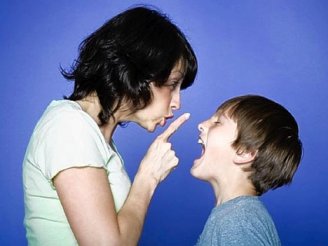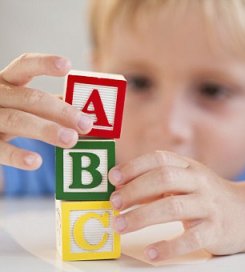Mood:
Topic: Childhood

Parents are raising a generation of ‘little Buddhas’ who never lift a finger around the house, a teachers’ leader declared.
Children are growing up constantly demanding their own way because they are ‘waited on hand and foot’ by over- indulgent parents, said Dr Mary Bousted.
They arrive at school with an ‘I’m important’ attitude and struggle to abide by rules and timetables.
And they lash out at classmates because they fail to understand they have responsibilities towards others.
Dr Bousted, general secretary of the Association of Teachers and Lecturers, said schools are forced to deal with the consequences of parents’ failure to lay down clear boundaries.
‘How many parents ask their children regularly to contribute to the running of the household, doing jobs?’ she asked. ‘It seems to me that far too many children are waited on, hand and foot.
'They don’t do the washing up, they don’t do the hoovering, they don’t make their own beds.
'We’re not doing our children any favours if we make them little Buddhas at home, and it certainly doesn’t do them any favours in school.’
Dr Bousted told the ATL’s annual conference in Manchester that children too often treated teachers like ‘servants’ and squabbled with fellow pupils.
‘They expect to get what they want immediately and do not understand that there are other children in the class and the school who need the attention.’
Middle-class parents who fail to impose clear boundaries simply ‘buy off their children…expensively’ – with the latest computer games, smartphones and other gadgets.
But Dr Bousted added: ‘Bad behaviour isn’t just the preserve of poor children and parents. It occurs among all classes of society.’
Read more: dailymail.co.uk







